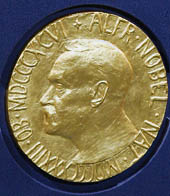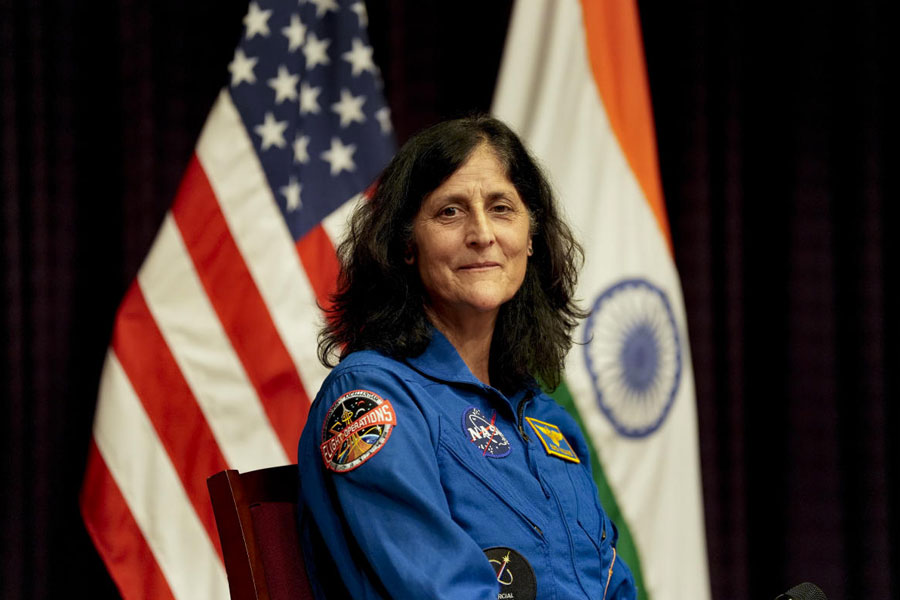 |
| Prize Punch |
Oslo, May 3 (Reuters): Nobel science prizes will face a ?more daring? rival from 2008 with $1 million awards for research into everything from the ?big bang? to the brain, a Norwegian-born philanthropist said yesterday.
Fred Kavli, a physicist who left Norway in 1955 with $300 and turned it into a $340 million fortune in California, said he was setting up three prizes for astrophysics, neuroscience and nanotechnology ? the use of molecule-sized devices.
Kavli already funds 10 science institutes ? nine at US universities including Stanford, Yale and Cornell and one at the Delft University of Technology in the Netherlands. Three scientists linked to the institutes won Nobel prizes last year.
?We want to spread the word of science and get more students interested ... In many parts of the world that?s a problem, from Norway to the United States,? Kavli said. ?I think we?ll be more daring,? than the Nobel awards, he said, because they would seek to reward scientific breakthroughs more quickly than the conservative Nobel system.
Guardians of Nobel science prizes, first awarded in 1901, are sometimes criticised for rewarding elderly professors for work done long ago even though founder Alfred Nobel once said he wanted to encourage ?dreamers? who lacked funding.
The new awards, to be made every second year from 2008, would rival some of the annual $1.4 million Nobel prizes ? for physics, chemistry, medicine, economics, literature and peace ? and other science prizes.
Kavli?s plan will be formally unveiled in a ceremony with Norwegian education minister Kristin Clemet today at the Norwegian Academy of Science and Letters, which will pick laureates with help from experts around the world.
The prizes would be handed out in mid-September in Oslo ? a month before the Nobel awards are announced. Alfred Nobel was a Swedish philanthropist who invented dynamite.
Kavli made his fortune with his Kavlico Corp, a California firm making sensors used for flight control on military and civilian aircraft. It branched out into sensors on cars, including monitoring the mixture of air and fuel in engines.
He sold out in 2000 for $340 million, and he said the cash would fund the prizes and research institutes. Asked about areas where he most wanted scientific progress, he mentioned understanding the origins of the universe ? widely believed to have started in a ?big bang? ? life on other planets, dark matter and a unifying ?theory of everything?.
?I think these fields will bring great discoveries in future,? he said. ?We will never find all the answers, never run out of questions.?
Last year, David Gross and Frank Wilczek, linked to Kavli Institutes at the University of California at Santa Barbara and at the Massachusetts Institute of Technology respectively, were two of three winners of the Nobel Physics prize.
Richard Axel, a Columbia University professor and a Kavli Institute investigator, was one of two winners of the Medicine prize.










